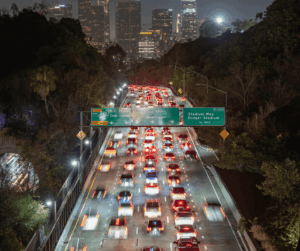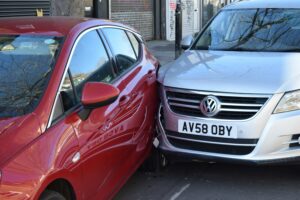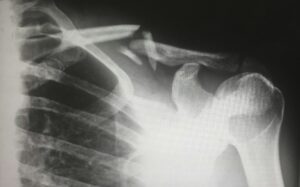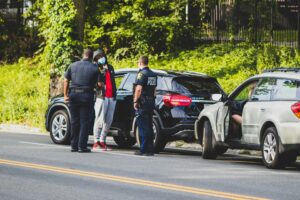Table of Contents
ToggleWhat Is Vehophobia?
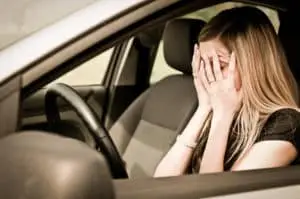
Like some, you may get nervous and tense up when you have to get on the freeway in California. Or you may dislike the thought of driving to the store, becoming uncomfortable from the moment you buckle your belt. If these feelings of discomfort cause you paralyzing fear or anxiety, you may have vehophobia.
Insurance marketplace The Zebra surveyed over 1,000 adults and found that approximately two-thirds of those surveyed reported having anxiety about the thought of driving. Driving-related anxiety, therefore, is common.
Uncovering the reasons you may fear getting behind the wheel might require extensive therapy, but the good news is that vehophobia can be effectively managed.
Vehophobia Explained
In lay terms, vehophobia is the fear of being in a vehicle.
“Phobia” refers to an intense, powerful — and oftentimes irrational — fear of something or some situation. For example, someone with arachnophobia has an irrational and often paralyzing fear of death, injuries, or attacks by spiders.
“Veho” refers to the act of driving vehicles, including cars and trucks. Therefore, someone who suffers from vehophobia has an intense and potentially paralyzing fear about driving a vehicle. This can happen every time they get into a vehicle or only under certain circumstances, like driving on the highway or in congested traffic.
Vehophobia goes beyond simple dislike for a situation. The fear and panic a person experiences can cause physical and psychological distress. In extreme cases, they may not be able to even start the car or back out of their driveway.
How Drivers Can Develop Vehophobia
Although vehophobia is common, sometimes the reasons for it are not immediately clear.
If a close loved one shares a traumatic story with you, it can cause you to fear driving and believe you will be injured or killed any time you get behind the wheel. Or you may develop an irrational fear of driving from listening to news stories of horrific car crashes.
If you are involved in a car crash, though, it would be no surprise if you developed vehophobia afterward. Car crash survivors can suffer from post-traumatic stress disorder (PTSD), anxiety, and a host of other mental conditions, including vehophobia. These conditions can last long after the crash is over and impact your quality of life for years to come.
What Treatment Is Available for Vehophobia?
Vehophobia can be treated using a variety of tools and methods. These include:
Exposure Therapy
Exposure therapy involves placing the person in a safe situation that causes them to encounter and confront the thing they fear. For those suffering from vehophobia, this can include encouraging the person to sit in a vehicle with their counselor or therapist and discussing the feelings that arise.
By confronting the object of fear, it is believed that exposure therapy can help individuals realize the irrationality of their fears and develop a more realistic assessment of the risks involved with that thing or activity.
Cognitive-Behavioral Therapy
Another option for treatment is cognitive-behavioral therapy (CBT). With CBT, the person suffering from vehophobia learns to recognize the signs and symptoms present when they are feeling anxious or scared. They also learn positive ways to cope with and manage those feelings so they do not dominate and control the person’s life.
There Is Hope for Those With Vehophobia
There is no reason to be ashamed if you or a loved one suffers from vehophobia, especially if you have been hurt in a vehicle crash. What is important is knowing that there are resources available through a mental health center or professional’s office that can help you manage your fear of driving.
Contact Our Car Accident Law Firm in Los Angeles, CA
If you were injured in an accident in Los Angeles, CA or you lost a loved one and you need legal assistance, please contact us to schedule a free consultation. One of our Los Angeles car accident lawyers at M&Y Personal Injury Lawyers will get in touch with you soon.
M&Y Personal Injury Lawyers – Los Angeles Office
4929 Wilshire Blvd Suite 960,
Los Angeles, CA 90010
866-864-5477

